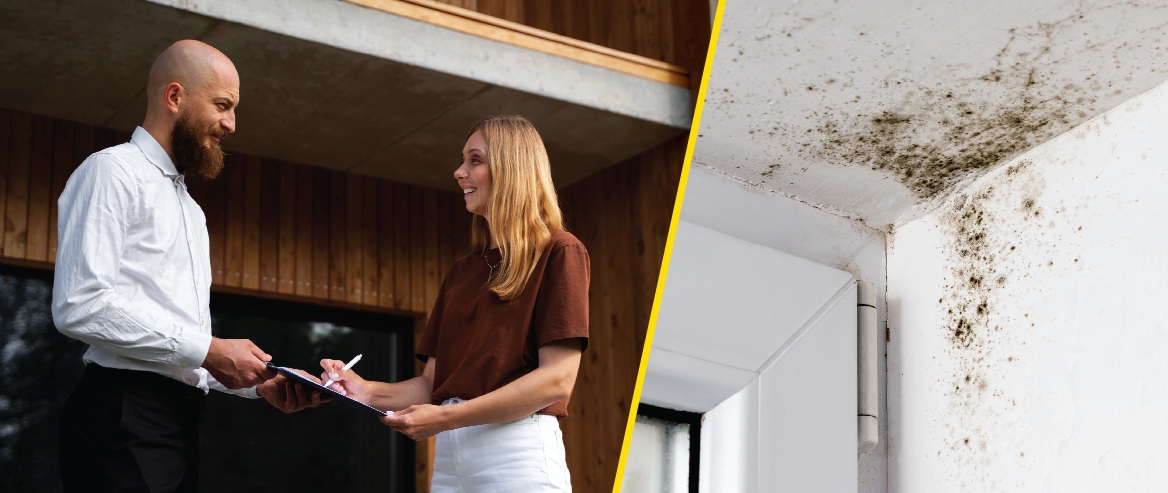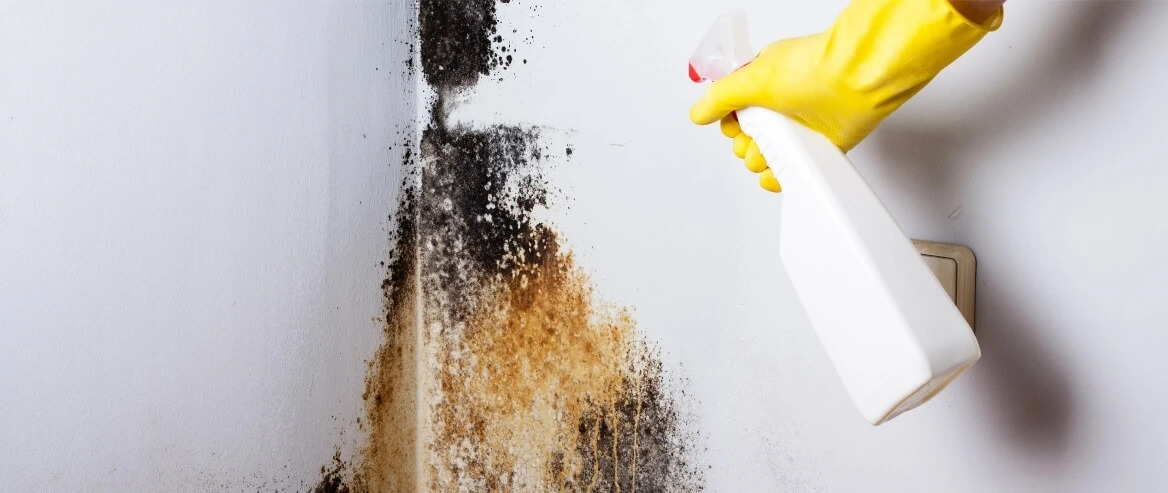The Magic Bathroom Mould Cleaner You Can Make Yourself
Published on Sep 2, 2018 | Updated - Jun 3, 2024
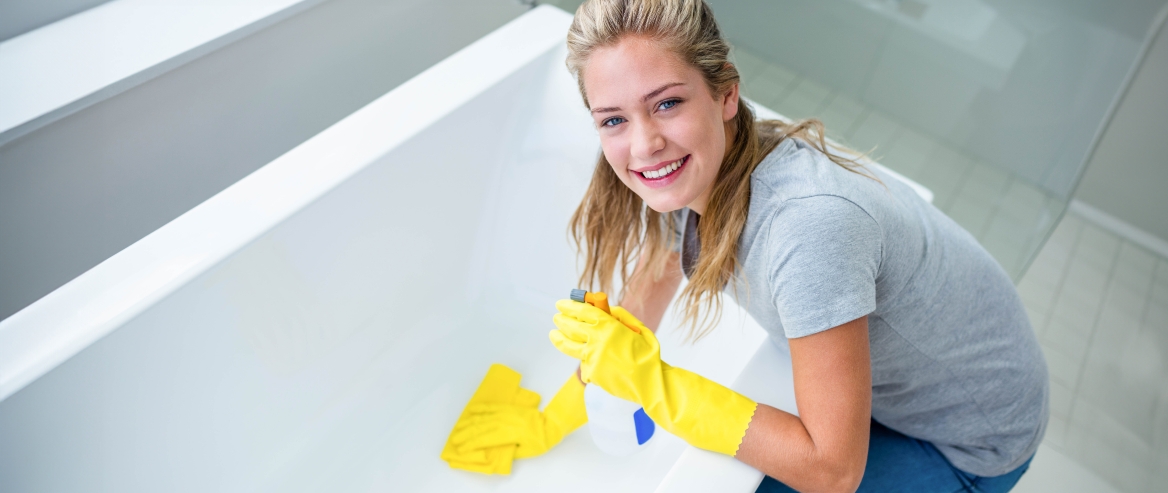
Mould is the unwelcome house guest that just loves your bathroom. The unsightly growth thrives in the humid conditions hot, steamy showers create. If you’ve ever fought the mould monster in your bathroom, you’ll know how quickly it can build up and how hard it is to get rid of.
Unfortunately, mould can cause all kinds of health problems including itchy eyes, runny nose, respiratory issues and overall general fatigue. Sharing the shower with mould and mildew exposes you to a variety of potential toxins, which may also cause allergic reactions.
The good news? You can make your own simple solution at home with just a few ingredients to target active mould and mildew.
The first thing to know is that despite what others may have told you, bleach is not the answer to treating mould. The bleach will take the colour out of the mould but it won’t actually treat the living organism.
How to make a DIY bathroom mould remover
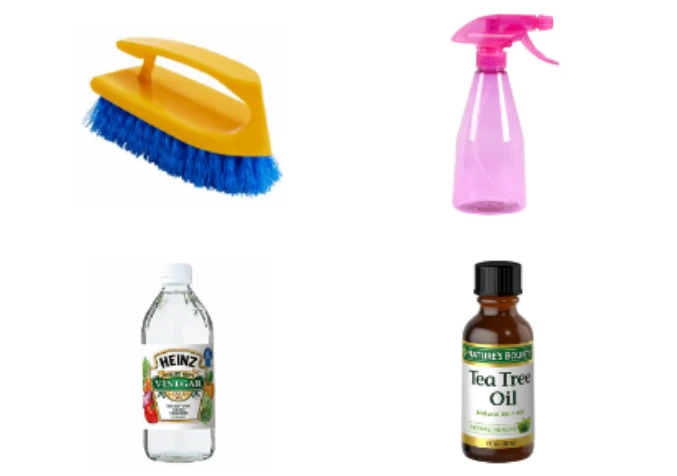
What you'll need
-
soft cleaning brush
-
spray bottle
-
white vinegar
-
tea tree oil
Directions
-
Damp mould is much easier to wipe off so run hot water over the surface. Use a soft brush to wipe but remember not to scrub too hard.
-
Fill a spray bottle ¾ of the way with white vinegar and top with warm water. You’ll need to add about 30 drops of tea tree oil to a 500ml spray bottle (15 drops per 250ml).
-
Shake well and spray onto the problem areas.
-
Leave for 20 minutes before rinsing.
I recommend tea tree oil because it’s a personal favourite and it has excellent anti-microbial properties, but most essential oils have the anti-microbial properties needed for the job.
Your homemade spray is a great general shower cleaner too once you’ve said goodbye to that nasty mould. Use distilled water and you can pop it in the cupboard for later use – it’ll keep for at least a couple of weeks. Just give it a shake before use.
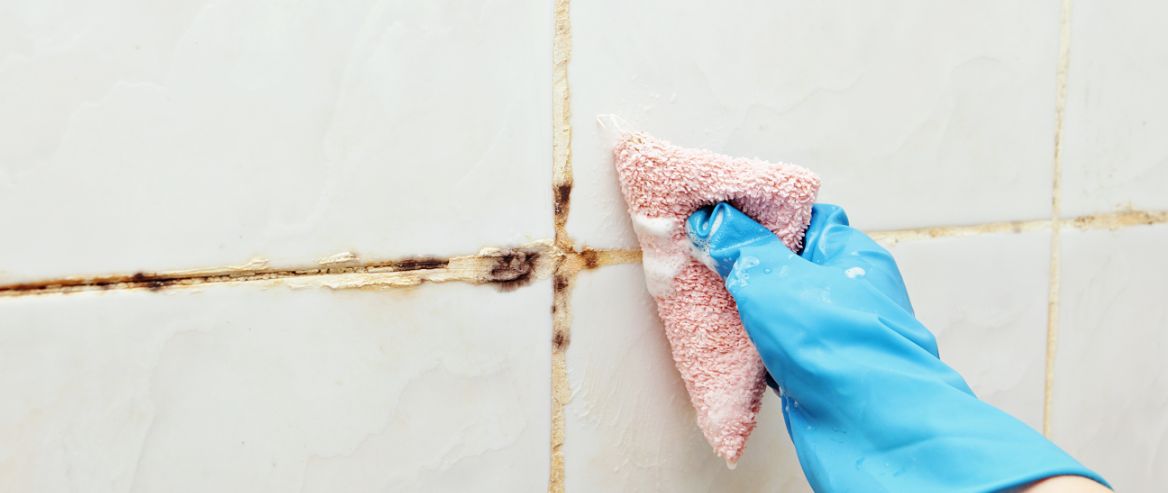
RECOMMENDED READING
The Ultimate Guide to Preventing and Removing Mould in Your HomeHow to deal with a severe case of mould

Use your spray on a towel and place it on the mould for a few hours before gently wiping clean. Mould can often re-appear, as a surface clean can’t get to the mould hidden deep in the grout, gyprock and other building materials.
Extreme mould may need to be treated by a professional mould treatment service. A professional mould treatment service will use an anti-microbial solution that will trace the source of the moisture, effectively treating hidden mould for long-lasting results. An expert can also treat airborne mould spores to improve the air quality in your home.
